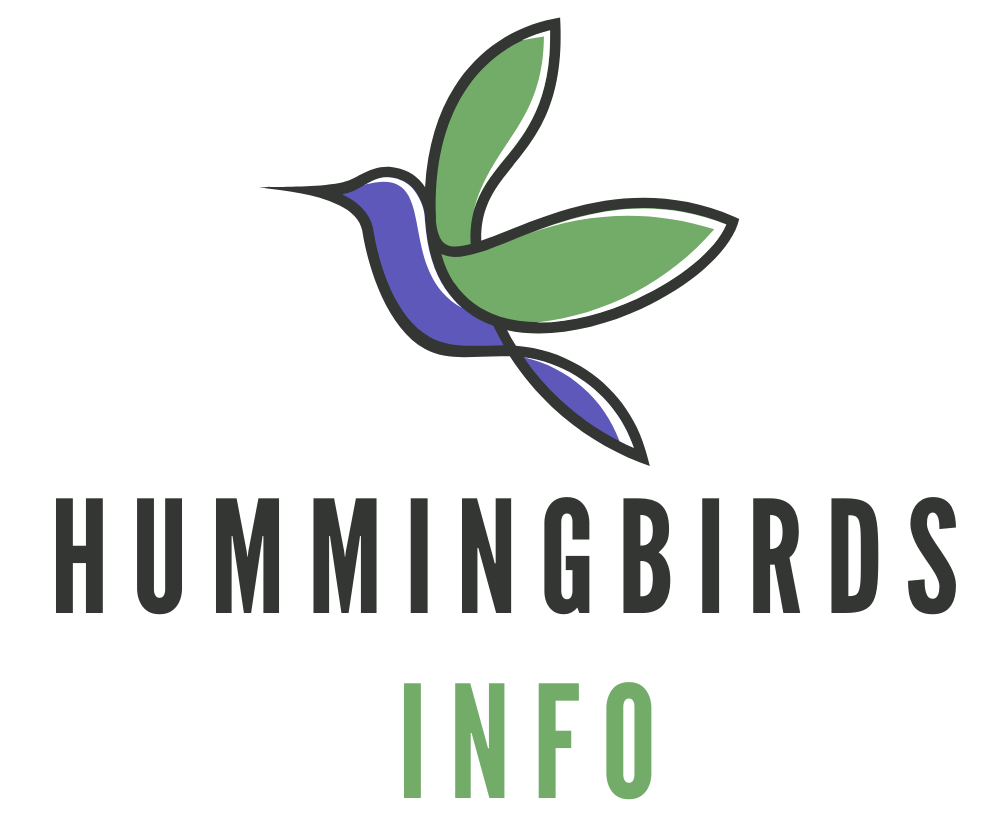do hummingbirds eat insects? This is a question that many people have asked, and the answer is yes! Hummingbirds are small birds that are found in many parts of the world. They are known for their ability to hover in mid-air and for their bright, colorful feathers. Hummingbirds are also known for their diet, which consists mainly of nectar from flowers. However, they also eat small insects, such as spiders, ants, and flies. In this article, we will discuss why hummingbirds eat insects and how they find them. We will also look at the nutritional benefits of insects for hummingbirds.
What Types of Insects Do Hummingbirds Prefer to Eat?
Hummingbirds are known for their ability to hover in mid-air while they feed on nectar from flowers. However, they also feed on a variety of insects, which provide them with essential proteins and fats. The types of insects that hummingbirds prefer to eat vary depending on the species, but some of the most common include aphids, small beetles, caterpillars, spiders, and flies. Hummingbirds also feed on small moths, wasps, and ants. In addition, they may also consume small amounts of honeydew, which is a sweet liquid secreted by aphids.
Insects are an important part of a hummingbird’s diet, as they provide essential nutrients that are not found in nectar. Hummingbirds need to consume a variety of insects in order to maintain their health and energy levels. Therefore, it is important to provide a variety of plants in your garden that attract different types of insects, as this will help to ensure that hummingbirds have a steady supply of food.
How Can You Attract Hummingbirds to Your Garden with Insects?
Attracting hummingbirds to your garden can be a rewarding experience. Hummingbirds are beautiful and fascinating creatures, and they can add a great deal of life and beauty to your garden. One of the best ways to attract hummingbirds to your garden is by providing them with a steady source of insects.
Insects are a vital part of a hummingbird’s diet, and providing them with a reliable source of food can help to draw them to your garden. To do this, you should create a habitat that is conducive to insect life. Planting a variety of flowers and shrubs that attract insects is a great way to do this. You should also avoid using pesticides, as these can kill off the insects that hummingbirds rely on for food.
In addition to providing a habitat for insects, you can also attract hummingbirds to your garden by providing them with a source of water. Hummingbirds need to drink regularly, and providing them with a shallow birdbath or fountain can help to draw them to your garden. You should also make sure to keep the water clean and fresh, as hummingbirds are very sensitive to water quality.
Finally, you can also attract hummingbirds to your garden by providing them with a safe place to nest. Hummingbirds prefer to nest in sheltered areas, such as shrubs or trees. If you have a suitable area in your garden, you can provide them with a nesting box or platform to encourage them to stay.
By providing hummingbirds with a steady source of insects, water, and a safe place to nest, you can attract them to your garden and enjoy their beauty and grace.
What Are the Benefits of Feeding Hummingbirds Insects?
Hummingbirds are one of the most beloved birds in the world, and they are known for their vibrant colors and their ability to hover in the air. While they are primarily known for their diet of nectar, they also benefit from eating insects. Insects provide hummingbirds with essential nutrients, such as protein, fat, and vitamins, that are not found in nectar.
Insects are an important source of protein for hummingbirds. Protein is essential for the growth and development of hummingbirds, and it helps them to build and maintain their muscles. Insects also provide hummingbirds with essential fats, which are important for energy and for maintaining healthy feathers. Additionally, insects are a great source of vitamins, such as vitamin A, which helps hummingbirds to maintain their vision.
Insects also provide hummingbirds with essential minerals, such as calcium, which helps to strengthen their bones and beaks. Additionally, insects provide hummingbirds with essential amino acids, which are important for the production of hormones and enzymes.
Insects are also a great source of energy for hummingbirds. Hummingbirds need a lot of energy to fly, and insects provide them with the energy they need to stay in the air. Additionally, insects provide hummingbirds with the energy they need to migrate long distances.
In conclusion, feeding hummingbirds insects is beneficial for their health and wellbeing. Insects provide hummingbirds with essential nutrients, such as protein, fat, vitamins, minerals, and amino acids, which are not found in nectar. Additionally, insects provide hummingbirds with energy, which is essential for their ability to fly and migrate.
Q&A
1. do hummingbirds eat insects?
Yes, hummingbirds do eat insects. They primarily feed on nectar from flowers, but they also supplement their diet with small insects, such as aphids, gnats, and spiders.
2. How Do Hummingbirds Catch Insects?
Hummingbirds catch insects by hovering in the air and snatching them out of the air with their long beaks. They also sometimes catch insects from the ground or from plants.
3. What Benefits Do Insects Provide to Hummingbirds?
Insects provide hummingbirds with essential proteins and fats that they need to survive. Insects also provide hummingbirds with additional energy, which helps them to fly and to stay warm in cold weather.
Conclusion
In conclusion, hummingbirds do eat insects, but they are not a major part of their diet. They primarily feed on nectar from flowers and other sources of sugar. Insects provide them with protein and other essential nutrients, but they are not a major source of food for hummingbirds.
